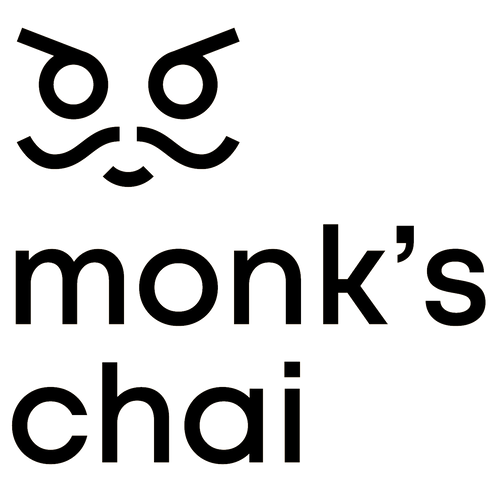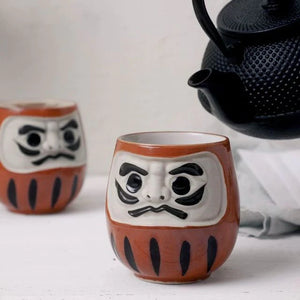Chai is a type of tea that originated in India and has a long history dating back thousands of years. It is made by brewing a mixture of spices, tea leaves, and milk together. The word "chai" is derived from the Hindi word for tea, and it is a staple in many cultures around the world.
The Origins of Chai
The origins of chai can be traced back to ancient India, where it was made with a mixture of spices and herbs known as "masala". This mixture was believed to have medicinal properties and was used to treat a variety of ailments. Over time, the recipe for chai evolved to include tea leaves and milk, and it became a popular drink in India and other parts of South Asia.
And now? Chai has gained popularity around the world and is now widely available in many coffee shops and specialty stores.
Popular Types of Chai
There are many variations of chai, each with its unique flavor and preparation:
- Masala Chai: Features spices like cardamom, cinnamon, cloves, and black pepper.
- Black Chai: Made with black tea leaves, offering a bold, robust flavor.
- Green Chai: Uses green tea leaves for a lighter, earthy taste.
- Sweetened Chai: Includes sugar or jaggery for added sweetness.
No matter the type, chai’s spicy aroma and rich taste remain universally loved.
What about China’s Influence on Chai?
China played a significant role in shaping chai as we know it today:
-
Historical Context:
- Tea was first discovered in China, used for both medicinal and ceremonial purposes.
- One of the interesting facts about chai tea is that the popular practice of adding milk and sugar was for the British, when they introduced tea to the Western world during the 1800s.
-
Trade and Spices:
- Spices like cinnamon, cloves, and cardamom came to India through trade with China and the East.
- These spices are now essential ingredients in traditional chai recipes.
Overall, while chai originated in India, it has been influenced by other cultures, including China, through trade and the exchange of ideas and ingredients.
Read more: How to make a cup of tea?

Name Origin/Etymology of Chai
The term "chai" comes from the Hindi word for tea, which is also spelled "chai," "chá," or "chay" depending on the region or language. While in many parts of the world "chai" refers specifically to the spiced tea drink popular in India and South Asia, its linguistic origins connect to a much broader history.
-
Chinese Influence:
- The word "chai" is closely related to the Chinese word for tea, "cha" (茶).
- The Chinese character combines symbols for "grass" (representing tea leaves) and "speech" (reflecting tea's role in rituals and ceremonies).
- Tea in China was historically valued for its medicinal and spiritual properties.
-
Japanese Connection:
- The Japanese word for tea, "cha" (ちゃ), shares the same character and a similar pronunciation, underscoring tea's shared cultural significance across East Asia.
-
European Adoption:
- The English word "tea" also comes from "cha," but via a different linguistic route.
- In the 17th century, the Dutch East India Company traded with China and introduced the term "thee," which evolved into "tea" in English and similar forms in other European languages.
-
Global Significance:
- Many languages use variations of "cha" or "tea," highlighting tea’s cultural importance and its role as a global connector through trade and tradition.
See more: The chai experience: It's not just a beverage!

| 💡 Key Takeaways | |
|---|---|
| Origins of Chai | Started in India as a spiced, medicinal drink; evolved to include tea leaves and milk. |
| Cultural Significance | Symbol of hospitality and social connection in India; enjoyed worldwide. |
| Types of Chai | Popular types include Masala Chai (spices), Black Chai (black tea), and Green Chai (green tea). |
| Global Influences | Chinese tea culture and British milk-tea practices influenced chai’s preparation. |
| Linguistic Roots | "Chai" in Hindi means "tea"; related to Chinese "cha" (茶), showing global tea culture links. |

